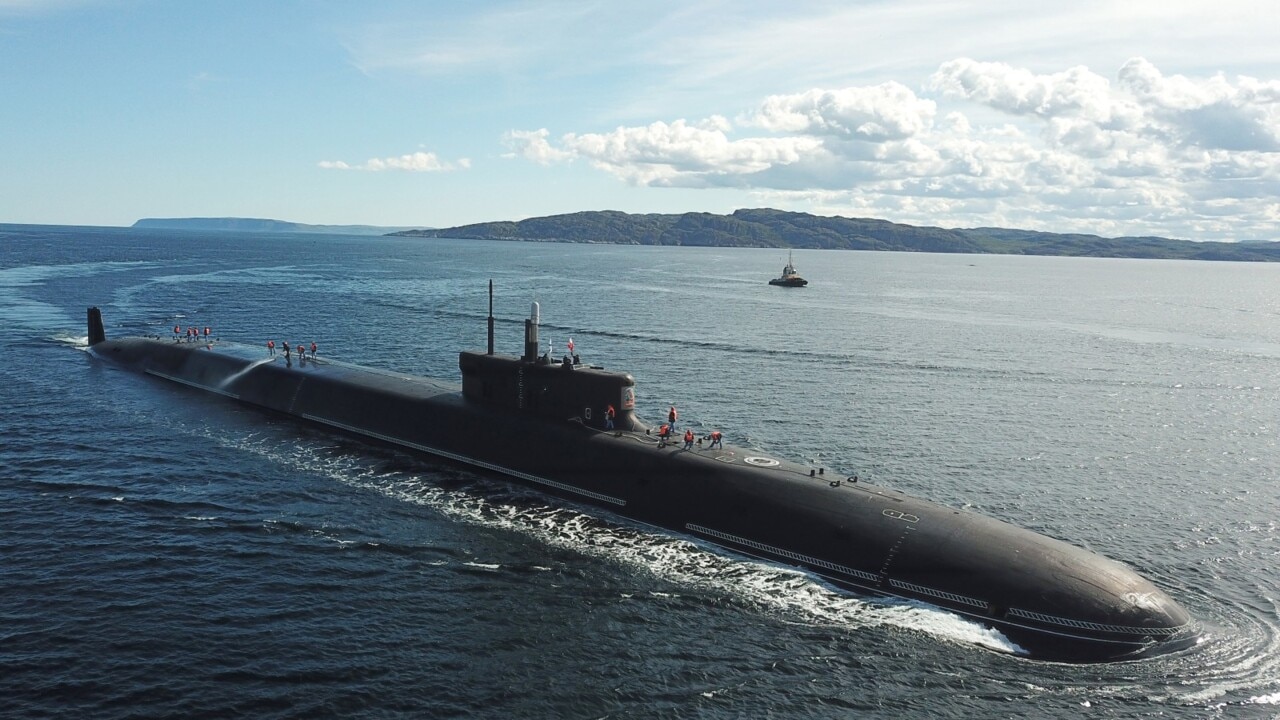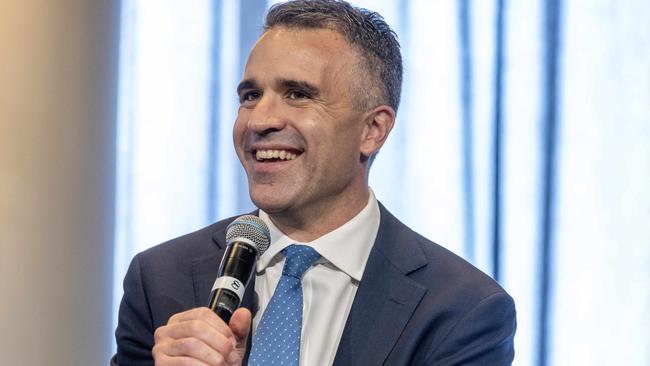Hundreds of grads needed in the next five years to power nuclear sub fleet
With hundreds of jobs but only a handful of graduates, time is running out to find and train the next crop of nuclear workers to operate Australia’s future submarine fleet.

SA News
Don't miss out on the headlines from SA News. Followed categories will be added to My News.
Australia must train at least 600 nuclear engineers in the next five years to prepare the country for the mammoth task of operating nuclear-powered submarines.
Time is rapidly running out for governments and universities to find and train Australia’s new crop of nuclear workers, who will need at least 10 years of on-the-job experience before being entrusted in senior roles sustaining the navy’s future submarine fleet.
Edward Obbard, the head of the country’s only nuclear engineering course at the University of New South Wales (UNSW), said at least 600 people must graduate with university-level nuclear qualifications by 2028.
This is despite just 47 students studying in UNSW’s nuclear engineering programs this year.
Premier Peter Malinauskas said SA’s universities, including the proposed ‘Adelaide University’ merger, were tasked with responding to the urgent educational demands.
“Nuclear engineering is a critical skill set that the nation will need to rapidly grow for the operation and maintenance of nuclear-powered submarines, the most complex machines on the planet,” he told The Advertiser.

Mr Malinauskas said the proposed Adelaide University merger had the “goal to deliver Australia’s most contemporary curriculum”.
“Given the established strengths of both the University of Adelaide and the University of South Australia in Engineering and Science, I think it’s highly likely that the combined institution will be working to meet skills needs in this domain,” the Premier said.
Prime Minister Anthony Albanese is expected to travel to the US next month to unveil the “optimal pathway” for Australia to acquire nuclear-powered submarines under the AUKUS pact.
It’s expected either the US or UK would provide Australia with pre-built nuclear reactors to power each boat. But an entirely new local industry must be established to fulfil a plethora of complex nuclear responsibilities to sustain the fleet and to satisfy international non-proliferation standards.
Dr Obbard said Australia would need “thousands” of men and women trained in the discipline once the first of the submarines hit the water – expected to be by 2040.
“It’s going to be immense – it’s thousands of new graduates (needed) for the immediate program, which is the sustainment, operation and maintenance of nuclear submarines,” he said
Each graduate must work in the field for at least 10 years before they are recognised as an experienced member of the industry.
But with no current nuclear industry in Australia – outside of nuclear medicine – graduates must seek those opportunities overseas.
“You’ve got to find something for these people to do that keeps them in the discipline before the first boats actually appear – that’s quite a challenge and is something that we are working on at the moment,” Dr Obbard said.
UNSW is expected to massively “scale up” its nuclear engineering curriculum, beginning with a new undergraduate minor course next year. Dr Obbard said more young people would become attracted to the field as AUKUS boosted its long-term job prospects.
Head of the AUKUS taskforce, Vice Admiral Jonathan Mead, told a Senate estimates hearing this month Defence had already sent “hundreds” of people to US and British naval reactor training schools.
All three Adelaide universities committed to building on existing engineering courses to meet the needs of nuclear submarine capabilities.
Defence Minister Richard Marles’s spokeswoman said a “huge” skills gap had been left by the Coalition, which would be partly addressed by adding 20,000 university places and 180,000 fee-free TAFE positions.
-With Brad Crouch
gabriel.polychronis@news.com.au
Originally published as Hundreds of grads needed in the next five years to power nuclear sub fleet
Read related topics:AUKUS





